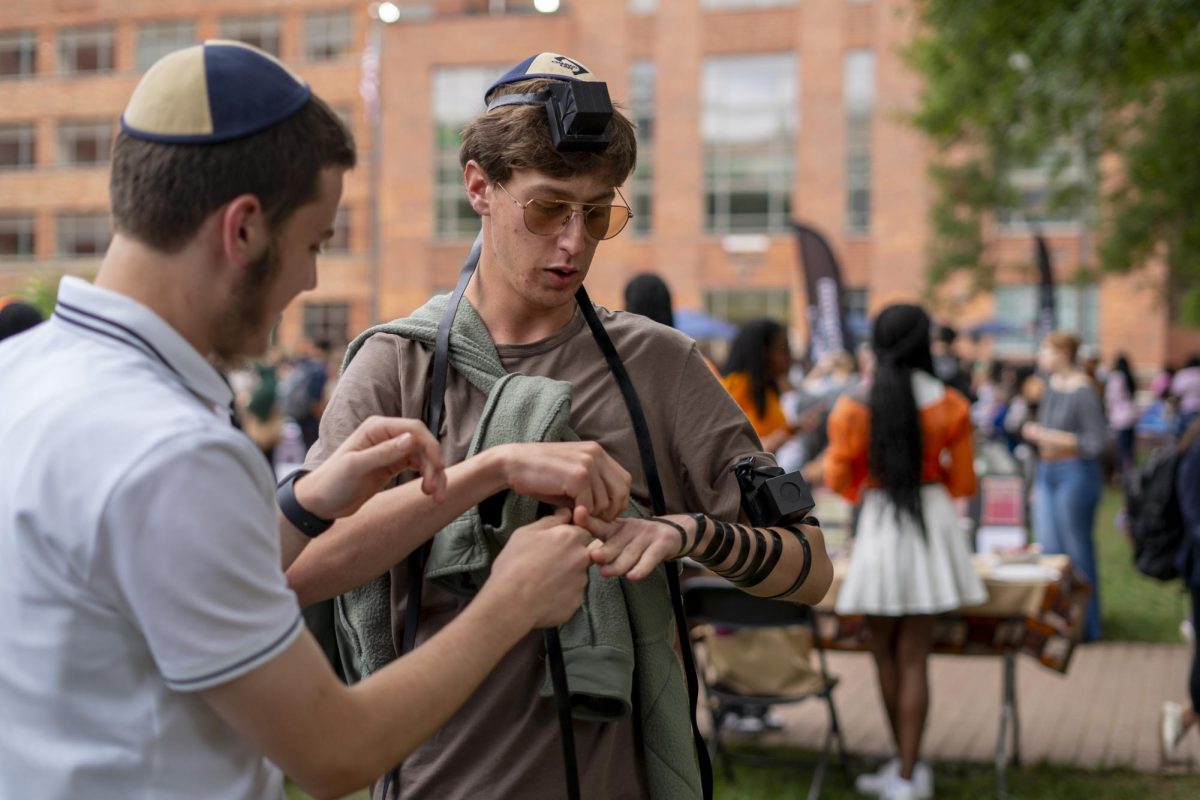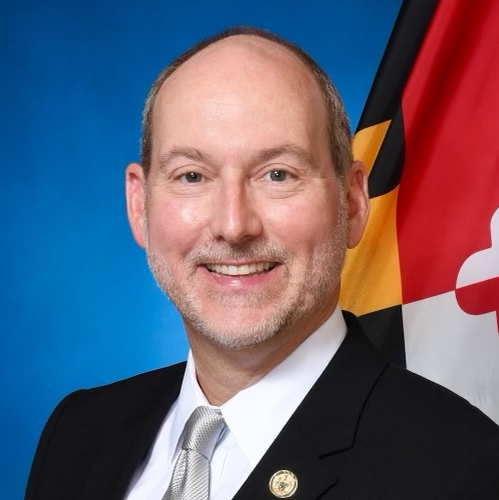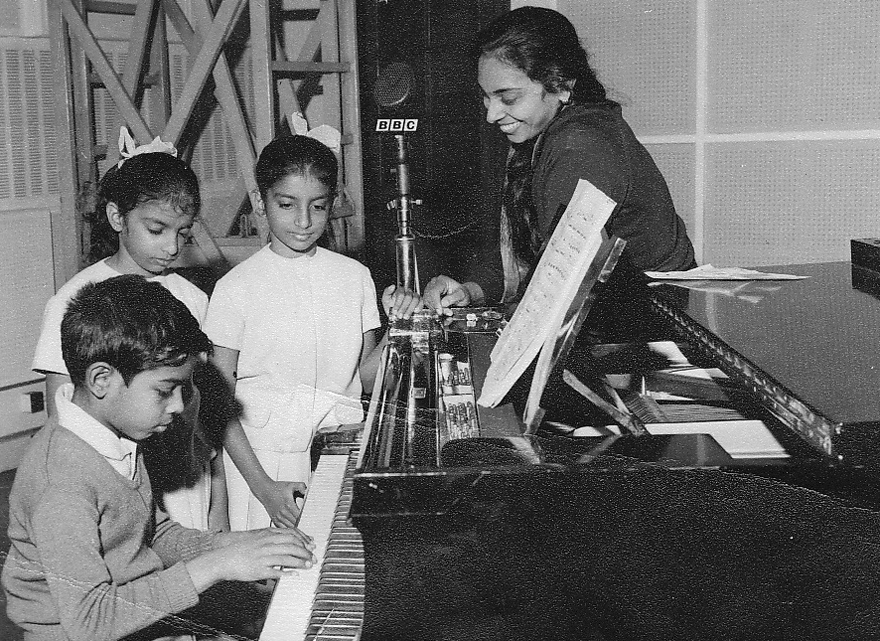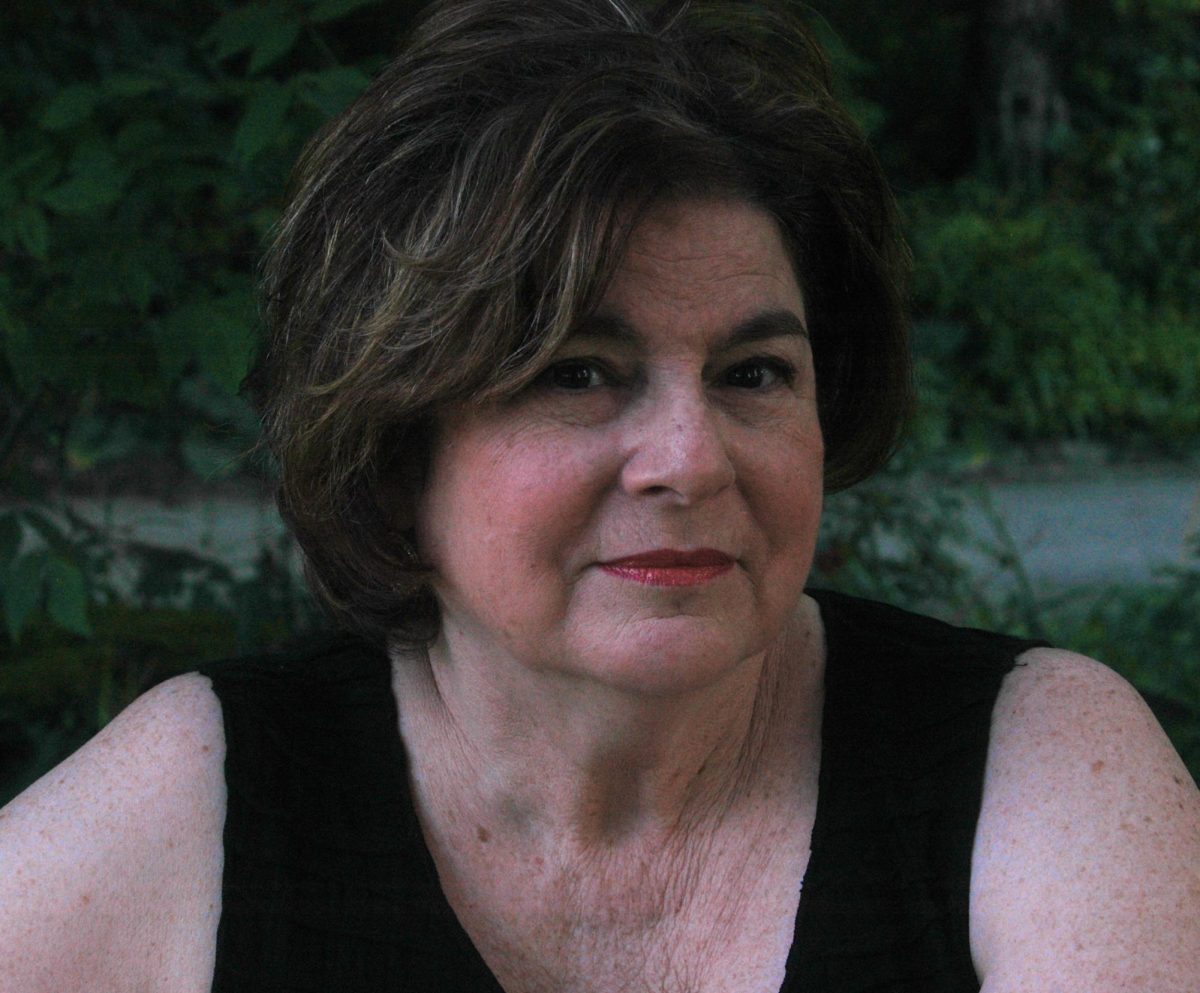Sundown on Sept. 24 commenced one of the holiest days on the Jewish calendar, and students around GW observed in their own ways, whether that meant preparing to fast when the sun set Sunday or simply using the day as a period of reflection.
Yom Kippur, the Jewish day of atonement, is a day where Jewish people fast and seek forgiveness from God and their peers for their wrongdoings in the previous year. Like so many other traditions and holidays, the busy schedules of college can make observing Yom Kippur harder — but that hasn’t stopped Jewish students from finding ways to take time to observe the High Holiday.
For some students — like Kyle Lim, a senior and an international affairs major — coming to college hasn’t changed much about the way they plan to observe Yom Kippur. Lim, the D.C. coordinator for Lunar, an organization for Jewish Asian Americans, said that he plans to attend services hosted by both GW Hillel and GW Chabad throughout the day.
“For Yom Kippur, I usually participate a lot,” Lim said. “I spend a lot of time with the Jewish community here on campus.”
Both GW Hillel and GW Chabad offer evening services when Yom Kippur begins and three services the following day. These services consist of readings from the Torah, Judaism’s holy text, as well as the recitation of prayers led by various spiritual leaders. Both Chabad and Hillel also host breakfast dinners at sundown at the end of Yom Kippur.
Lim said he has found lots of ways to be as involved as he can with the Jewish community on campus, like joining Jewish student organizations and serving on their executive boards. He said he even had the opportunity to help lead Yom Kippur services when he served on Hillel’s executive board.
Roommates Max Monson, a junior studying political science and American studies, and Noah Shapiro, a sophomore studying organizational science, said coming to college has changed how they observe the holiest day of the Jewish year. The pair said they have had the chance to explore different paths with their faith since moving in together in their District House studio double.
“After I was bar mitzvahed, going to temple for services wasn’t required of me anymore, so I think after I was bar mitzvahed I don’t know how often I went, if I did at all,” Monson said. “Then, all of a sudden, when I got to school and it was fully on me, I started going, which I don’t think I expected. This thing that I was probably dreading back in high school, upon my own volition I was like ‘I’m going to seek this out.’”
Shapiro said his experience since arriving at GW is the different from Monson’s. He said when growing up, he observed Yom Kippur very diligently by staying home from school, fasting, attending services throughout the day and spending most of the day at his synagogue. Since starting college, he said he has made some adjustments to continue observing Yom Kippur in a way that works for him.
“I actually sang in the choir, so we would sing two services on Yom Kippur all day and also didn’t eat, which didn’t help,” Shapiro said.
Both Shapiro and Monson said they don’t plan to attend classes Monday, a change of course for Shapiro, who went to class on Yom Kippur last year. They said they were initially worried about what missing class might look like, but all of their professors at GW have been very accommodating.
For students who may consider themselves to be culturally Jewish but less involved in the religious side of Yom Kippur, the holiday presents a chance to reflect on the year without fasting or attending services. Isabella Marias, a sophomore studying political science and a programming chair of the Jewish Student Association, said she uses the day to think about what she hopes to improve upon during the year ahead. But because of her more secular upbringing, she said doesn’t find herself drawn to many of the other practices Jewish people turn to during Yom Kippur.
“I don’t go to any sort of services, and I don’t fast,” Marias said. “I don’t really do any of the typical practices that come with the High Holidays. I guess it really is just the idea of entering the new year with an ideology of being purposeful in your relationships.”
Marias said that ultimately, every Jewish person observes Yom Kippur differently and that is part of what makes it such an important day for the Jewish community. She said the observance of Yom Kippur is a deeply personal and individual experience for each person who chooses to observe it, and there is no way that is right or wrong.
“I think the idea of, ‘There are so many ways to be Jewish’ is absolutely true,” Marias said. “Especially at GW, there are so many people here who are Jewish who don’t practice at all or you may not know are Jewish, but there are also people at GW who observe the Shabbos and who wrap tefillin and go to different synagogues, so there are absolutely so many ways to be Jewish.”






